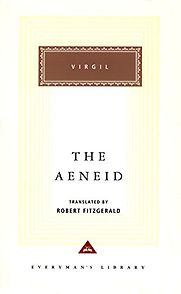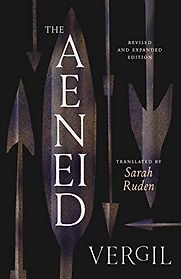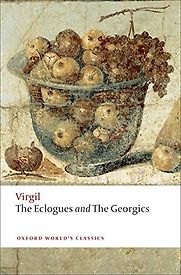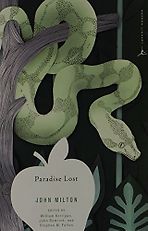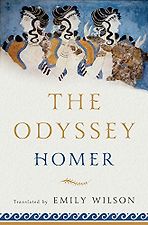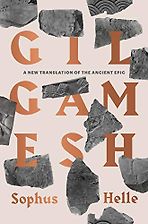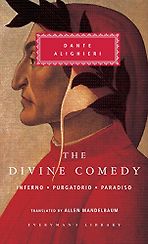The Aeneid (Robert Fitzgerald translation)
by Virgil
“Arms and the man I sing, who,
forced by fate,
And haughty Juno’s unrelenting hate,
Expelled and exiled, left the Trojan shore”
—Aeneid, opening lines (Robert Fitzgerald translation)
The Aeneid was written by the Roman poet Virgil, in the age of Augustus, as a founding myth for the emerging Roman empire. See below why experts picked it as an important book on a variety of subjects. Author Selina O’Grady, author of And Man Created God, specified the translation by the American poet and translator Robert Fitzgerald (1983), though in this New York Times review, you can see the arguments for also reading the translation by Robert Fagles (2006), the late American academic and poet.
If you want to read the Latin alongside the English, you can turn to the Loeb Classical Library, though it inconveniently stretches over two books and the English is a little dated.
In classical times poems were meant to be listened to and rather excitingly the British actor, Simon Callow, has narrated an audiobook of the Aeneid, based on Robert Fagles’s translation.
Recommendations from our site
“It’s beautiful and poetic. Fitzgerald was a poet by calling. And I find this the most beautiful and high-flown of the mid-century American translations” Read more...
Sarah Ruden, Literary Scholar
“Virgil’s Aeneid gives an account of the Trojan Horse and the sacking of Troy.” Read more...
Stephen Fry, Comedians & Humorist
“It combines the Iliadic epic of war with the homecoming epic of the Odyssey, but in a weird way. In the Odyssey, the home that Odysseus returns to is the same home that he left twenty years before, whereas in the Aeneid, the home that Aeneas is coming back to is a home that he’s never been to before. It’s a home that has to be invented. Moreover, it’s a home that lies in the future, rather than the sense you get from the Odyssey that going home means coming back to the past.” Read more...
Emily Wilson, Classicist
“The central narrative is about a refugee called Aeneas, after whom the series of books is named. For some people, he’s a classical hero who sets up a new dynasty after fleeing Troy. Another way of interpreting it is that he is a refugee that flees a war in the Middle East…We forget that many of the classics of our literary canon, like the Aeneid or the Odyssey, are about people on the move — either refugees or migrants.” Read more...
Patrick Kingsley, Journalist
“To me, it is the greatest founding myth that a nation has ever been blessed with. He was writing at the birth of what really is the Roman Empire: it’s when Augustus comes to power and has just beaten Mark Antony for control.” Read more...
The best books on The Role of Religion
Selina O'Grady, Journalist
Our most recommended books
-

The Aeneid (Robert Fitzgerald translation)
by Virgil -

Paradise Lost
by John Milton -

The Odyssey
by Homer and translated by Emily Wilson -

Staying Alive
by Neil Astley (editor) -

The Epic of Gilgamesh
by Anonymous & Sophus Helle (translator) -

The Divine Comedy: Inferno, Purgatorio, Paradiso
by Dante Alighieri
